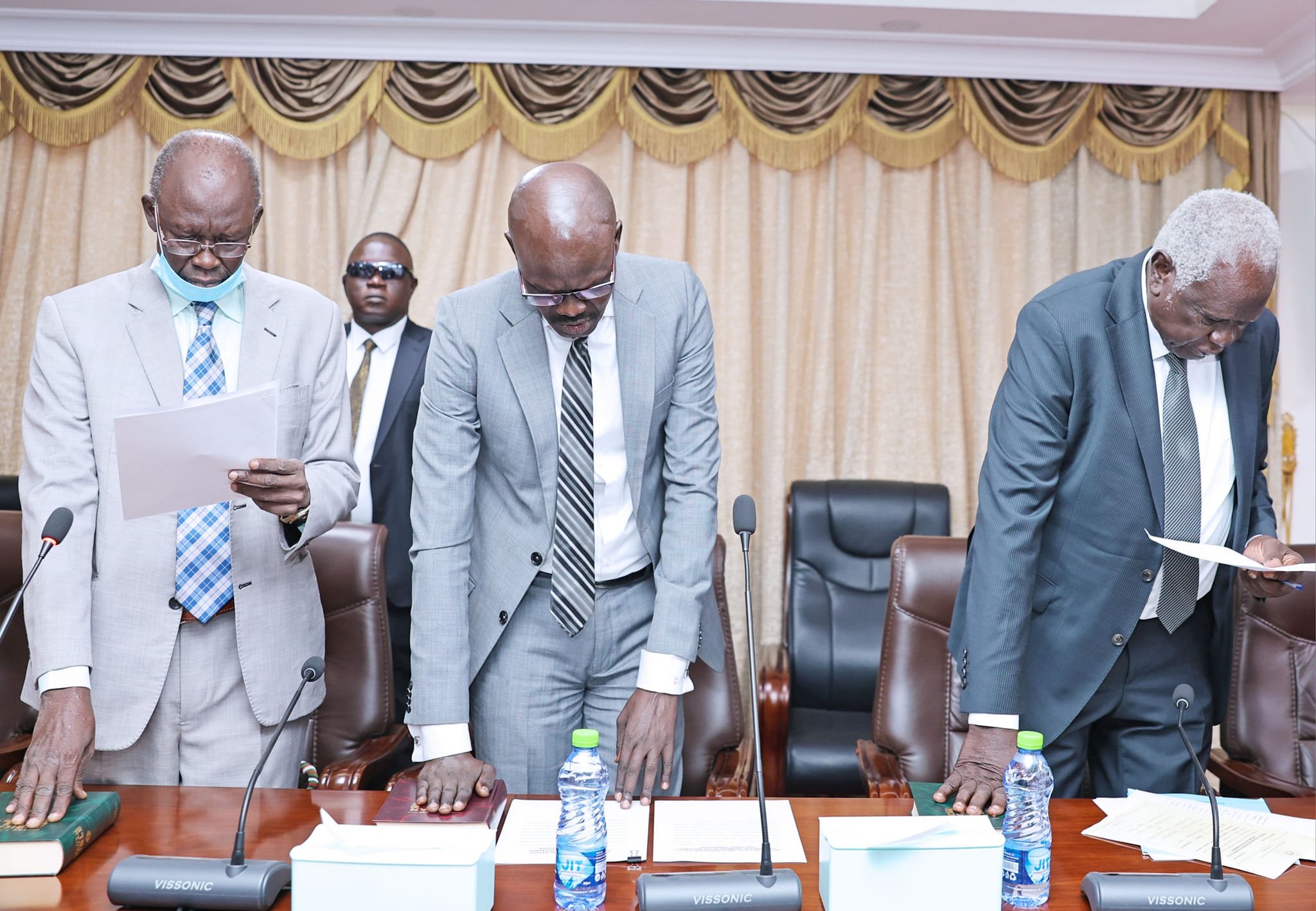
Welcome to the National Elections Commission – South Sudan
In 2011, the National Elections Commission (NEC) was formally established by the Transitional Constitution of the Republic of South Sudan (as amended) (Art.197). The National Elections Act, 2012 (as amended) sets out the independence of the NEC by requiring that it be administratively and financially independent, and perform its functions with integrity, transparency, and impartiality without interference from any person or authority. The Act requires that members (herein referred to as Commissioners) and staff of the NEC perform their functions in accordance with the law, be independent, and not be influenced by Government, state, public officers, political parties, candidates, or any other person or body. As required by the 2018 Revitalized Agreement on the Resolution of Conflict in the Republic of South Sudan (R-ARCSS) and the National Elections Act, 2012 (as amended), the NEC was reconstituted into a competent and impartial body to conduct elections and the Commissioners sworn in January 2024.
Functions and powers of the NEC
The NEC is responsible for regulating, conducting, and supervising national referenda and elections of the President, Governors, National Legislative Assembly, State Legislative Assemblies, Council of States, Chief Administrators, Administrative Area Legislative Councils, County Commissioners, City Mayors, and Urban and Rural Councils.
The NEC’s specific responsibilities include the following:
- Conduct continuous registration of voters;
- Conduct comprehensive civic and voter education in collaboration with other agencies and non-state actors;
- Determine the geographic constituencies for elections;
- Regulate election campaigns and prepare the electoral symbols and list and prescribe the procedures for agent and observer accreditation;
- Settle electoral disputes;
- Take necessary actions against any person or group that engages in corrupt or illegal practices or any person or group that participates in election misconduct;
- Establish and maintain communication with political parties and other electoral stakeholders;
- Provide oversight over all matters and procedures related to voter registration, voting, sorting, counting, tallying, candidate nomination, electoral complaints, and declaration of election results.